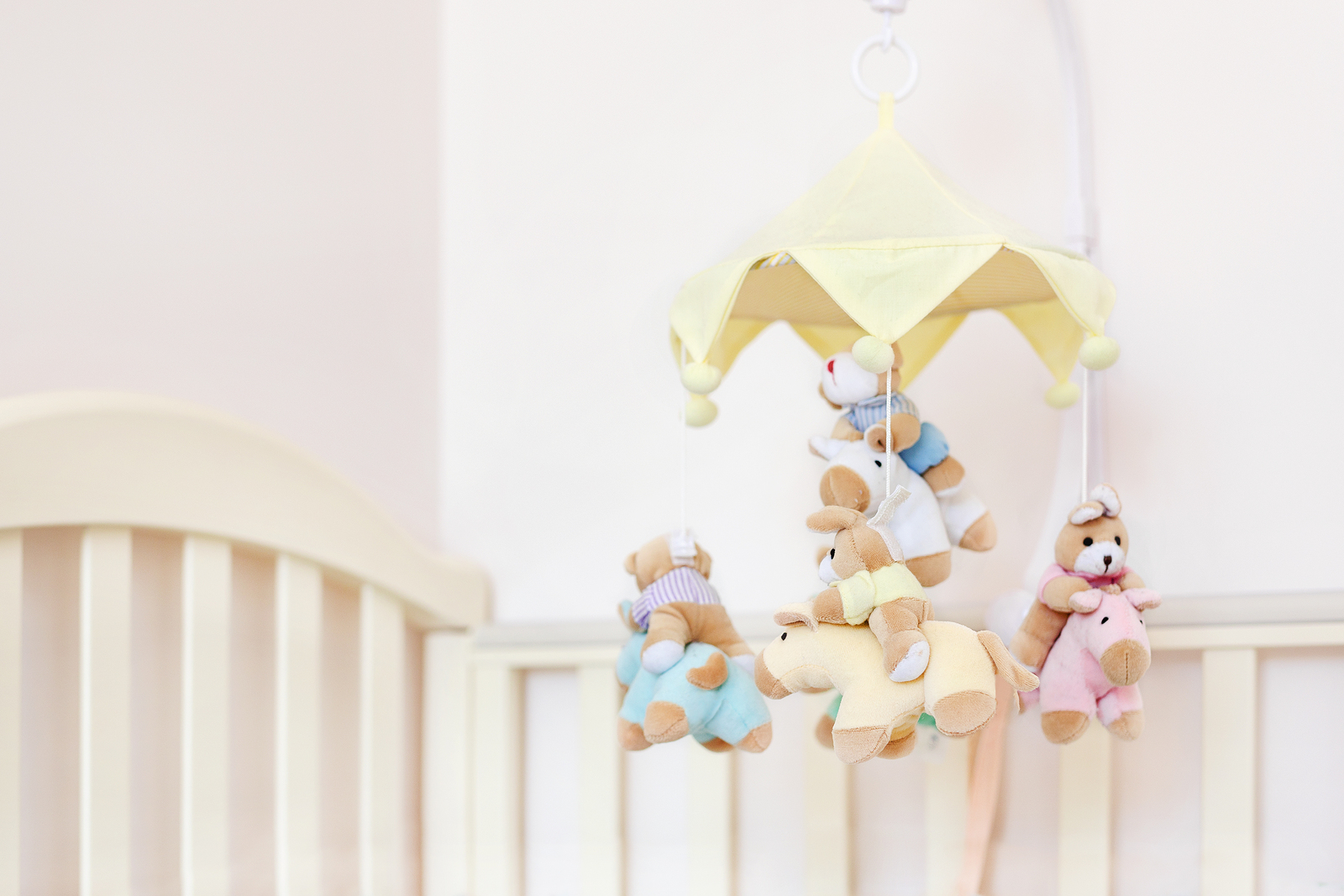
The reality that you’re bringing a new life into the world is never more evident than when the nurse rolls the bassinet into the delivery room, right?
It’s at that moment that you realize (between contractions, most likely), that without a doubt, you’ll soon be a parent.
It may also be when you begin to question whether you’re ready. In all the excitement of choosing paint colors for the nursery and shopping for baby paraphernalia, did you miss something important?
Bringing baby home, at least for first-time parents, is joyous, but it can also be stressful. After all, books can only tell us so much about caring for infants. Reality is the real teacher.
So, let’s get rid of some of that stress by ensuring your home is a safe and welcoming place for the new addition to your family.
The best nursery is a safe nursery
Did you know that babies cry more in yellow rooms? The color apparently “activates the anxiety center of the brain,” Carlton Wagner, director of Wagner Institute for Color Research, tells Ava Van de Water, Cox News Service.
“In infants, it results in crying. In adults, it results in shortness of temper. We notice a lot of fighting,” in yellow rooms, he said.
You may want to keep that in mind when choosing the color scheme for the infant’s nursery. And, maybe the master bedroom as well.
More important than color, however, is the paint’s chemistry. It could be one of several sources of air pollution in the home. To be safe, choose a water-based paint that has no VOCs, which is short for “volatile organic compounds.” Then, skip the primer as a base coat.
To make it even more complicated, the Federal Trade Commission cautions that you also choose a zero-VOC colorant.
“And while the base paint may be low-VOC or VOC-free, the colorant may be anything but. In fact, tinting can significantly increase the VOC level of a paint, depending on the color choice,” they warn.
“The bottom line: if you want low-VOC paint, look for low-VOC base paint and low-VOC colorant.”
But wait — there’s more. According to an Underwriter Laboratories study, “paint VOC content should not be used as a proxy for paint VOC emissions into indoor air, as there is no correlation between the two measures.”
If this is of particular concern to you, consider choosing paint from companies that specialize in baby-safe formulations, such as Bioshield, Lullaby Paints, Colorhouse Paints, Green Planet Paints and Ecos Paints.
Read the labels carefully and compare the ingredients to the Material Safety Data Sheet (MSDS) database at msdsonline.com, msdsprovider.com and the Environmental Health and Safety Department at the University of California.
Airborne chemicals affect the smallest among us far quicker and easier than they do older children and adults. Sadly, they’re emitted not only by paint, but furnishings, household cleaning products and floorcoverings as well.
Most of the gasses are released from carpet within the first 72 hours after installation, but it will continue emitting gasses at lower levels for up to five years, according to the EPA. Suggested replacements include tile and hardwood, although there are newer versions of vinyl that boast low emissions.
Even the furnishings you choose for baby can be a source of toxic emissions. ABC News furnished a nursery for an expectant Mom and Dad and then brought in an indoor air quality technician to test the air.
The result? The lab results of the air in the nursery tested positive for a whopping 300 chemical compounds.
For comparison, they also tested the air right outside the home and found only two chemical compounds. Watch the video here.
From the crib mattress to the rocking chair, keep an eye out for non-toxic products when shopping for nursery furnishings. Avoid buying used cribs, look for GREENGUARD Gold Certification and avoid products made overseas. In 2015, for instance, nearly 5,000 cribs and other furniture manufactured in Chile were recalled when it was found they were painted with lead-based paint.
Learn more about making your nursery baby-safe at consumerreports.org and the U.S. Product Safety Commission.
Powered by WPeMatico





